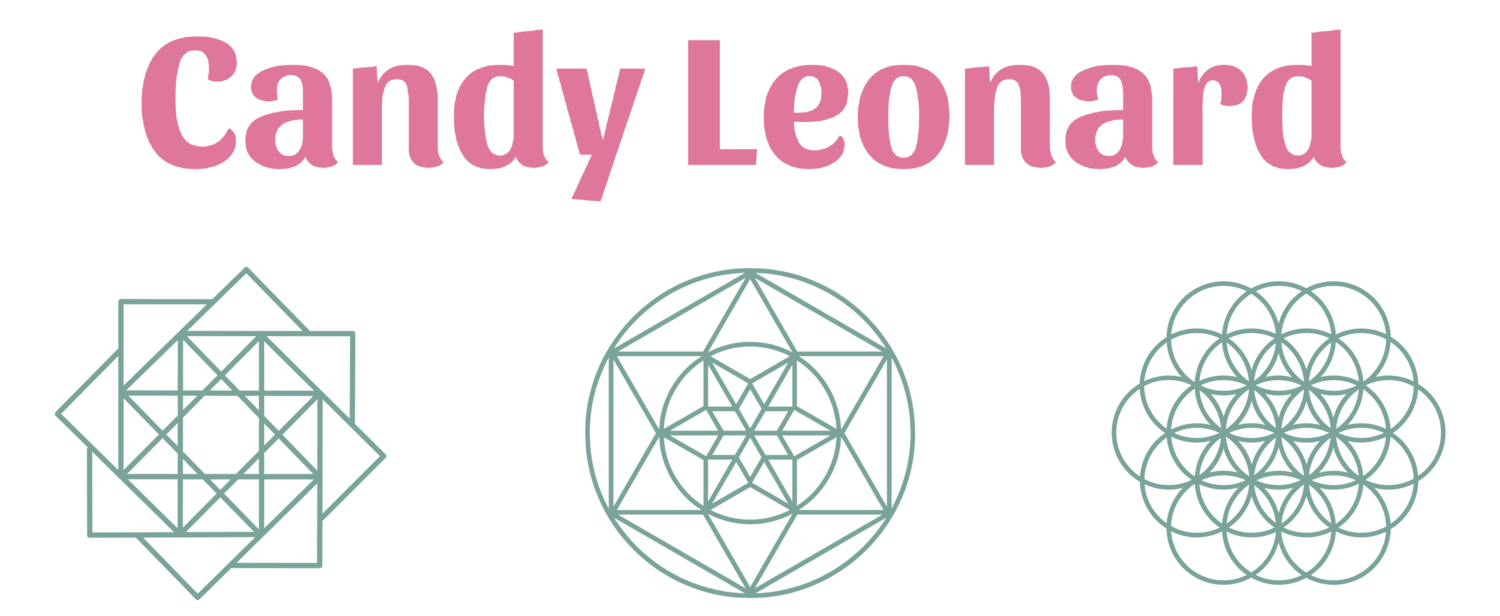Remembering Julia Lennon and Mary McCartney
Between the Beatles’ first gig as Quarrymen and their historic appearance on the Ed Sullivan Show, they experienced quite a bit of rejection. They did poorly in talent contests, failed auditions, had equipment problems, couldn’t find the right drummer, and were turned down by numerous record companies.
Yet even in the face of disappointing setbacks, John and Paul remained confident that they would ultimately succeed. Their story is one of unwavering perseverance in the face of unlikely odds. And unwavering confidence. Even people who didn’t like their music marveled at their determination.
The Beatles were optimistic and confident because they were starting to gel as a band. But equally important, and often overlooked, is the confidence they got from their mothers. Much has been written about John and Paul’s complementary personalities: John was dark, cerebral, cynical, angry, rebellious, and brutally frank. An angst-ridden guy with a chip on his shoulder. Paul was sunny, diplomatic, charming, and more at ease with himself and the world. Less tormented.
But despite their overt yin-yang, John and Paul were bound together in three powerful ways: they were obsessed with rock and roll, they were ambitious, and they shared the sad predicament of living without a mother’s love and support. Both lost their mothers suddenly and dramatically. Beatles historians often mention the bond of the lost mothers, but no one has connect the dots between the lost mothers, the confidence, the shared coping strategy, and their ultimate success.
Paul grew up in a musically enriched household thanks to his father, and with messages about self-improvement from this mother. Mary McCartney expected her boys to do their homework every night, and to always be well-groomed and properly dressed. Mary McCartney didn’t discourage Paul’s interest in music, but she had different career aspirations for her son; a teacher, or perhaps a doctor. In any case, Mary was determined that Paul would “do better.”
Mary’s work as a government midwife allowed the McCartneys to “move up” several times during Paul’s childhood. Each move brought them further out from the city, which meant more open spaces for Paul and his brother to explore on their bikes, and more panoramic vistas, including Wales on a clear day. Each move, literally, broadened Paul’s horizons, encouraging him to think big and think beyond.
After Mary’s death, the defiant spirit of rock and roll became even more compelling to the sensitive and intelligent fourteen year-old. Longer hours were spent alone in his room with his guitar and Radio Luxemburg, listening to, studying, and feeling the sounds of American rock and roll.
John’s life was more chaotic. With his father away at sea and a young mother who preferred partying to parenting, John went to live with his Aunt Mimi and Uncle George at age five. Mimi was extremely strict and was determined that John have a proper upbringing, as she defined it.
It is said that Julia abandoned John; yet, she lived nearby and was a source of unconditional love throughout John’s turbulent teenage years. Until John met Paul, Julia was the only one in John’s life who nurtured and shared his love of music. She was his musical mentor, then muse.
John asked his mother – who played banjo, accordion, and piano – to teach him a few banjo chords, which she later helped him transfer to the guitar – a guitar she bought for him behind her sister’s back. Julia taught him to play his first song, which was, depending on which biography you read, either Fats Domino’s “Ain’t That A Shame” or Buddy Holly’s “That’ll Be The Day.”
Julia also had a large record collection that included rarely heard American R&B and early rock and roll – which hastened the Quarry Men’s transition from skiffle to rock and roll. John was happy to bring his friends around to Julia’s to listen to records, drink Cokes, smoke cigarettes, and revel in the spirit of rock and roll.
Equally important, Julia’s home provided a reprieve from the stifling rules and regulations at Mimi’s; a reprieve from the phoniness and inept authority at school, and a reprieve from his pervasive feelings of alienation and existential loneliness. Julia provided a space – literally and metaphorically – where John could be himself. Julia’s love and support helped John develop and sustain the confidence to pursue his unlikely dream; she fueled his belief that he would realize his goals.
Just as Julia was becoming a more regular presence in John’s life, she was killed by a drunk off-duty cop driving down Mimi’s street. John felt the pain of losing his mother for the second time and he felt the first pain all over again – only this time it was forever.
Young men from Liverpool did not express their feelings, especially to their mates. But words were unnecessary for John and Paul. The significance of this bond is that their love for their mothers turned the negative energy of their pain into ever-greater determination to succeed.
Though John became angrier after his mother’s death in a way that Paul didn’t, their ultimate response was the same. They would say “fuck you” to the cruel universe that took their mothers by manifesting the confidence these women inspired in them, and they would succeed on their own terms; terms that would make both mothers happy and proud. Maybe some of the transcendent, infectious joy they exuded on the first Sullivan broadcast was a nod to Mary and Julia.

